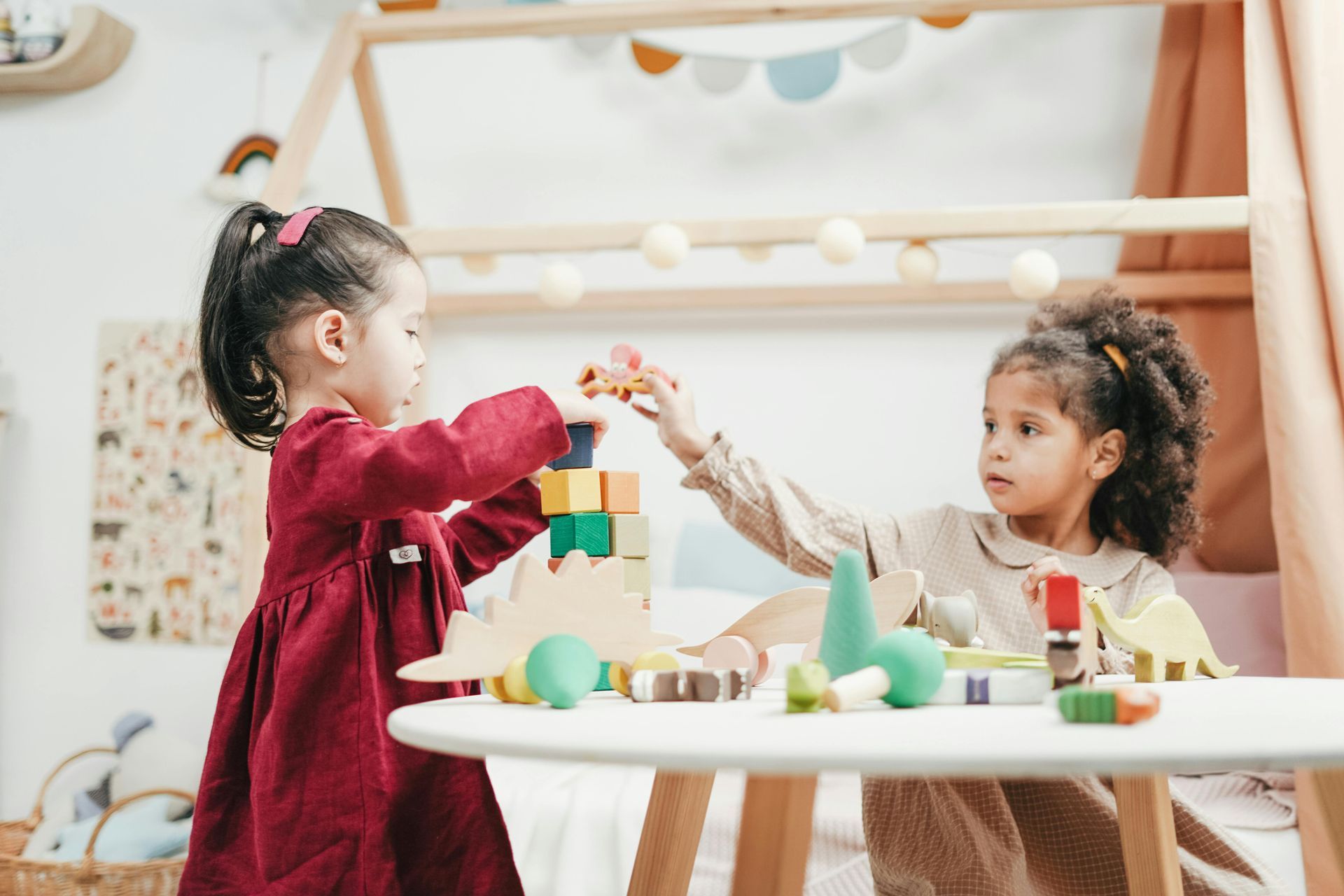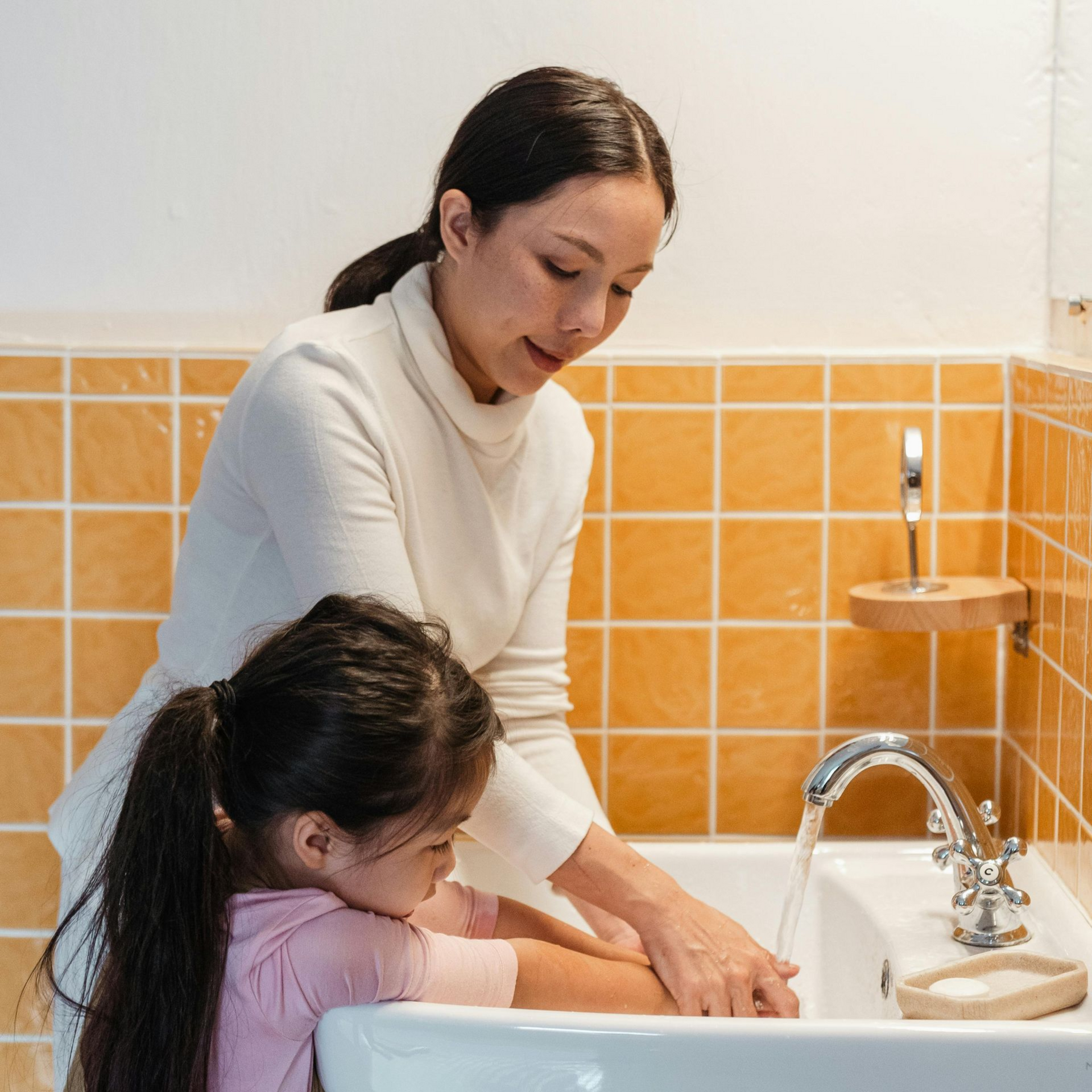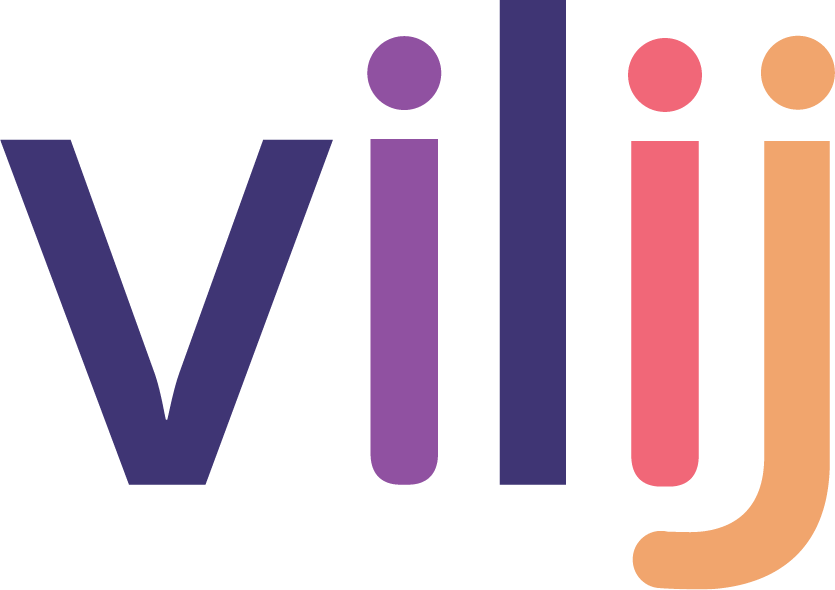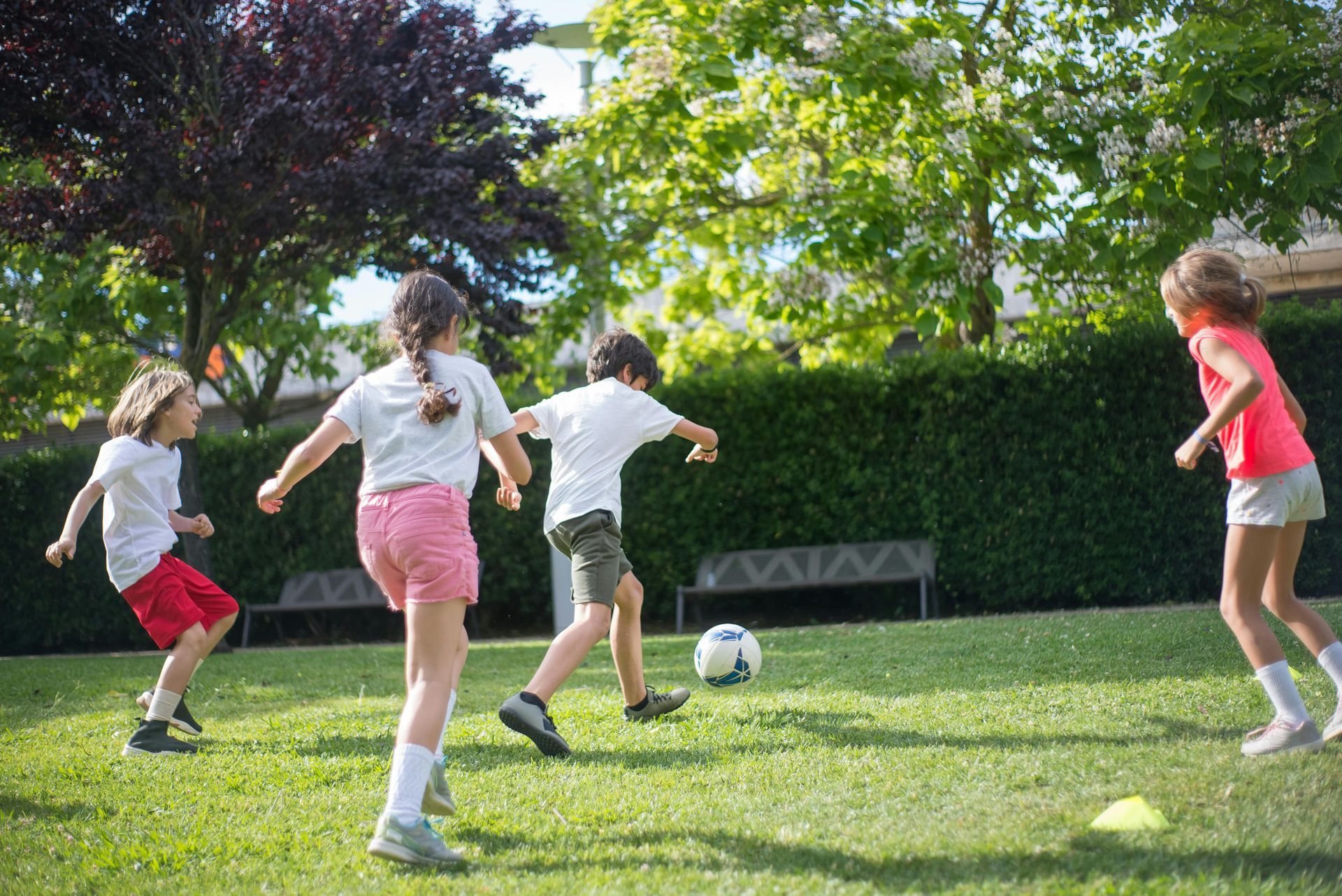What is Parent Training in ABA? Empowering Families for Long-Term Success
Parent training—sometimes called family guidance, caregiver coaching, or parent meetings—is not just a helpful add-on to ABA therapy. It’s essential. At Vilij ABA, we know that real progress happens when therapy extends beyond the session and into daily life. That’s why we prioritize empowering caregivers with the tools and confidence they need to support their child’s growth every step of the way.
While therapists may work directly with your child during scheduled sessions, you are the consistent presence in your child’s life—and that makes your role invaluable. Parent training ensures you’re equipped to reinforce strategies at home, navigate challenges with confidence, and collaborate effectively with your child’s care team
The Power of Consistency Across Environments
ABA therapy is most effective when strategies are used consistently across settings—from the clinic to the classroom to your living room. With regular parent training, caregivers can:
- Reinforce new skills in daily routines like mealtime, bath time, and bedtime
- Understand the "why" behind behaviors and how to respond effectively
- Support independence and communication at home
- Promote generalization of learned behaviors
- Stay engaged and informed throughout the therapy process
Parent training bridges the gap between structured therapy and real-life application—maximizing your child’s potential.
What does parent training look like?
Parent training is tailored to your family’s needs. Sessions might be weekly, bi-weekly, or monthly depending on your goals and your child’s plan of care. These sessions are designed to be collaborative and practical, typically including:
- Review of your child’s program progress
- Discussion of behaviors observed at home
- Introduction of new strategies or interventions
- Hands-on coaching and feedback
- Collaborative problem-solving
You’ll meet with your
Board Certified Behavior Analyst (BCBA) to discuss updates, ask questions, and align on goals. If your child is receiving other therapies (e.g., speech, OT, PT), we can coordinate with those providers to ensure everyone’s working from the same playbook.
Topics Covered In Parent Training
Here are examples of what might come up in your parent training meetings:
- How to respond to challenging behaviors in the home
- Strategies for promoting communication and independence
- Ways to incorporate therapy goals into daily routines
- Ideas for activities to practice outside of session
- Understanding data sheets, goals, and mastery criteria
- Navigating transitions (new schools, schedule changes, etc.)
No question is too big or too small. Our team at Vilij encourages open, judgment-free communication so you always feel supported.
Tracking Progress: How We Measure Parent Training Outcomes
Just like with your child’s therapy plan, parent training has measurable goals. Your BCBA may create individualized data sheets to monitor your confidence, skill development, and participation in the plan. We track things like:
- Your implementation of intervention strategies
- Follow-through on suggested activities at home
- Comfort level managing behaviors
- Collaborative communication across services
By tracking these outcomes, we ensure that parent training is not only supportive but truly effective—building your skills, boosting your confidence, and driving meaningful progress for your child every day.
Resources! | How BCBAs Measure Parent Training Goals & Treatment Efficacy:
Just like programming for your child, data measurement for parent training goals are typically individualized. Many times, you’ll find your BCBA’s designing a data sheet to measure goals written out for you as the parent. Below we’ve listed some of our favorites:
- Evidence Based Tools for ASD, Research Units in Behavioral Intervention (RUBI)
- Relias Academy – Course for parents to help educate on basic principles of ABA / Parent Training
- Dempsey, I. & Dunst, C.J. (2004). Help giving styles and parent empowerment in families with a young child with a disability. Journal of Intellectual & Developmental Disability, 29 (1), 40-51.
Note: Vilij ABA is not affiliated or responsible for the above referenced recourses, they are provided as additional sources of information.
Parent Empowerment is Our Priority
At Vilij ABA, we believe that parents and caregivers are not just part of the therapy process—they are the foundation. We are here to support you every step of the way, whether you’re new to ABA or years into your journey.
You are your child’s biggest advocate. Our role is to empower you with knowledge, tools, and partnership—so together, we can create a brighter path forward.
Our clients are unique and diverse. The best way we manage expectations is to be accountable to the communication we offer. Do you have questions or concerns regarding parent/guardian training? Reach out, we would love to talk with you at 630-777-2800 or email via contact@vilijaba.com.
Accountability
|
Integrity
|
Empathy
|
Collaboration










